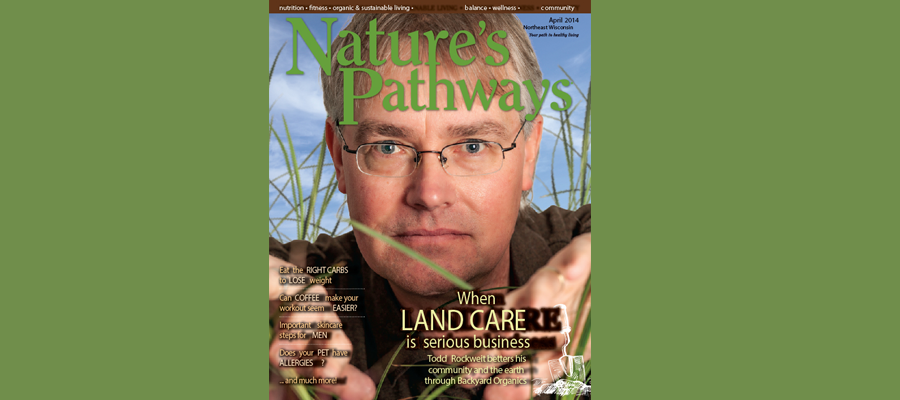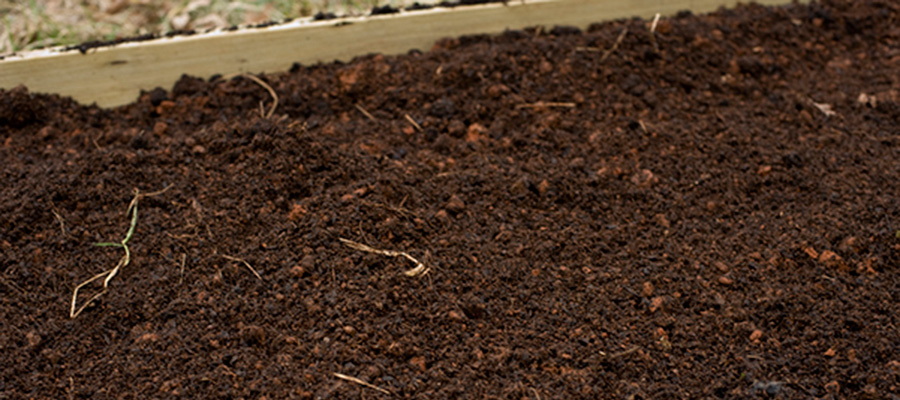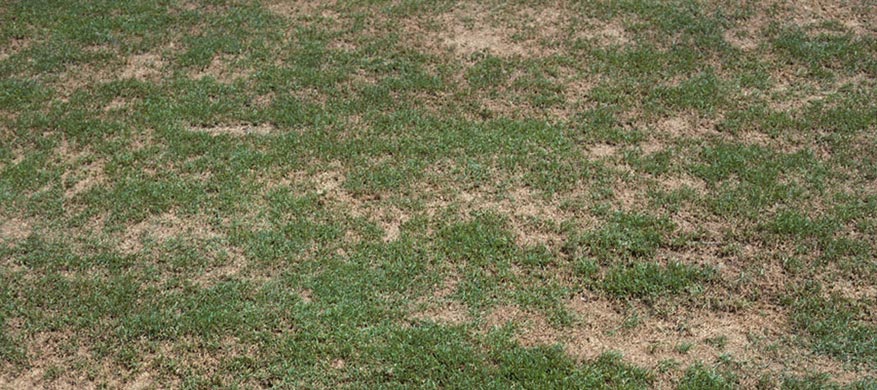
By backyard Education, General, Lawn Care, Natural Herbicides, News, Pesticides Appleton, Backyard Organics, Bird seed, chemicals, compost tea, compost tea fertilizers, Fond du Lac, Fox Valley, Green Bay, lawn care, Menasha, miracle gro, Neenah, organic fertilizer, Oshkosh, Scotts, synthetics, weed control, Wisconin, yard care CONTACT:
Enesta Jones
jones.enesta@epa.gov
202-564-7873
202-564-4355
FOR IMMEDIATE RELEASE
September 7, 2012
Scotts Miracle-Gro Will Pay $12.5 Million in Criminal Fines and Civil Penalties for Violations of Federal Pesticide Laws
WASHINGTON — The Scotts Miracle-Gro Company, a producer of pesticides for commercial and consumer lawn and garden uses, was sentenced today in federal district court in Columbus, Ohio, to pay a $4 million fine and perform community service for eleven criminal violations of the Federal Insecticide, Fungicide, and Rodenticide Act (FIFRA), which governs the manufacture, distribution, and sale of pesticides. Scotts pleaded guilty in February 2012 to illegally applying insecticides to its wild bird food products that are toxic to birds, falsifying pesticide registration documents, distributing pesticides with misleading and unapproved labels, and distributing unregistered pesticides. This is the largest criminal penalty under FIFRA to date.
In a separate civil agreement with the U.S. Environmental Protection Agency (EPA), Scotts agreed to pay more than $6 million in penalties and spend $2 million on environmental projects to resolves additional civil pesticide violations. The violations include distributing or selling unregistered, canceled, or misbranded pesticides, including products with inadequate warnings or cautions. This is the largest civil settlement under FIFRA to date.
“The misuse or mislabeling of pesticide products can cause serious illness in humans and be toxic to wildlife,” said Cynthia Giles, assistant administrator for EPA’s Office of Enforcement and Compliance Assurance. “Today’s sentence and unprecedented civil settlement hold Scotts accountable for widespread company noncompliance with pesticide laws, which put products into the hands of consumers without the proper authorization or warning labels.”
“As the world’s largest marketer of residential use pesticides, Scotts has a special obligation to make certain that it observes the laws governing the sale and use of its products. For having failed to do so, Scotts has been sentenced to pay the largest fine in the history of FIFRA enforcement,” said Ignacia S. Moreno, assistant attorney general for the Environment and Natural Resources Division of the Department of Justice. “The Department of Justice will continue to work with EPA to assure that pesticides applied in homes and on lawns and food are sold and used in compliance with the laws intended to assure their safety.”
In the plea agreement, Scotts admitted that it applied the pesticides Actellic 5E and Storcide II to its bird food products even though EPA had prohibited this use. Scotts had done so to protect its bird foods from insect infestation during storage. Scotts admitted that it used these pesticides contrary to EPA directives and in spite of the warning label appearing on all Storicide II containers stating, “Storcide II is extremely toxic to fish and toxic to birds and other wildlife.” Scotts sold this illegally treated bird food for two years after it began marketing its bird food line and for six months after employees specifically warned Scotts management of the dangers of these pesticides. By the time it voluntarily recalled these products in March 2008, Scotts had sold more than 70 million units of bird food illegally treated with pesticide that is toxic to birds.
Scotts also pleaded guilty to submitting false documents to EPA and to state regulatory agencies in an effort to deceive them into believing that numerous pesticides were registered with EPA when in fact they were not. The company also pleaded guilty to having illegally sold the unregistered pesticides and to marketing pesticides bearing labels containing false and misleading claims not approved by EPA. The falsified documents submitted to EPA and states were attributed to a federal product manager at Scotts.
In addition to the $4 million criminal fine, Scotts will contribute $500,000 to organizations that protect bird habitat, including $100,000 each to the Ohio Audubon’s Important Bird Area Program, the Ohio Department of Natural Resources’ Urban Forestry Program, the Columbus Metro-Parks Bird Habitat Enhancement Program, the Cornell University Ornithology Laboratory, and The Nature Conservancy of Ohio to support the protection of bird populations and habitats through conservation, research, and education.
At the time the criminal violations were discovered, EPA also began a civil investigation that uncovered numerous civil violations spanning five years. Scotts’ FIFRA civil violations included the nationwide distribution or sale of unregistered, canceled, or misbranded pesticides, including products with inadequate warnings or cautions. As a result, EPA issued more than 40 Stop Sale, Use or Removal Orders to Scotts to address more than 100 pesticide products.
In addition to the $6 million civil penalty, Scotts will complete environmental projects, valued at $2 million, to acquire, restore and protect 300 acres of land to prevent runoff of agricultural chemicals into nearby waterways.
The criminal case was investigated by EPA’s Criminal Investigation Division and the Environmental Enforcement Unit of the Ohio Attorney General’s Office, Bureau of Criminal Identification & Investigation. It was prosecuted by Senior Trial Attorney Jeremy F. Korzenik of the Justice Department’s Environmental Crimes Section of the Environment and Natural Resources Division, by Michael J. McClary, EPA Criminal Enforcement Counsel and Special Assistant U.S. Attorney and by Assistant U.S. Attorney J. Michael Marous.
The civil case was investigated by U.S. EPA Region 5’s Land and Chemicals Division and Office of Regional Counsel, and the U.S. EPA Headquarters Office of Civil Enforcement, assisted by the Office of Pesticides Program.
More information about the civil settlement and recalled products: http://www.epa.gov/compliance/resources/cases/civil/fifra/scottsmiraclegro.html







